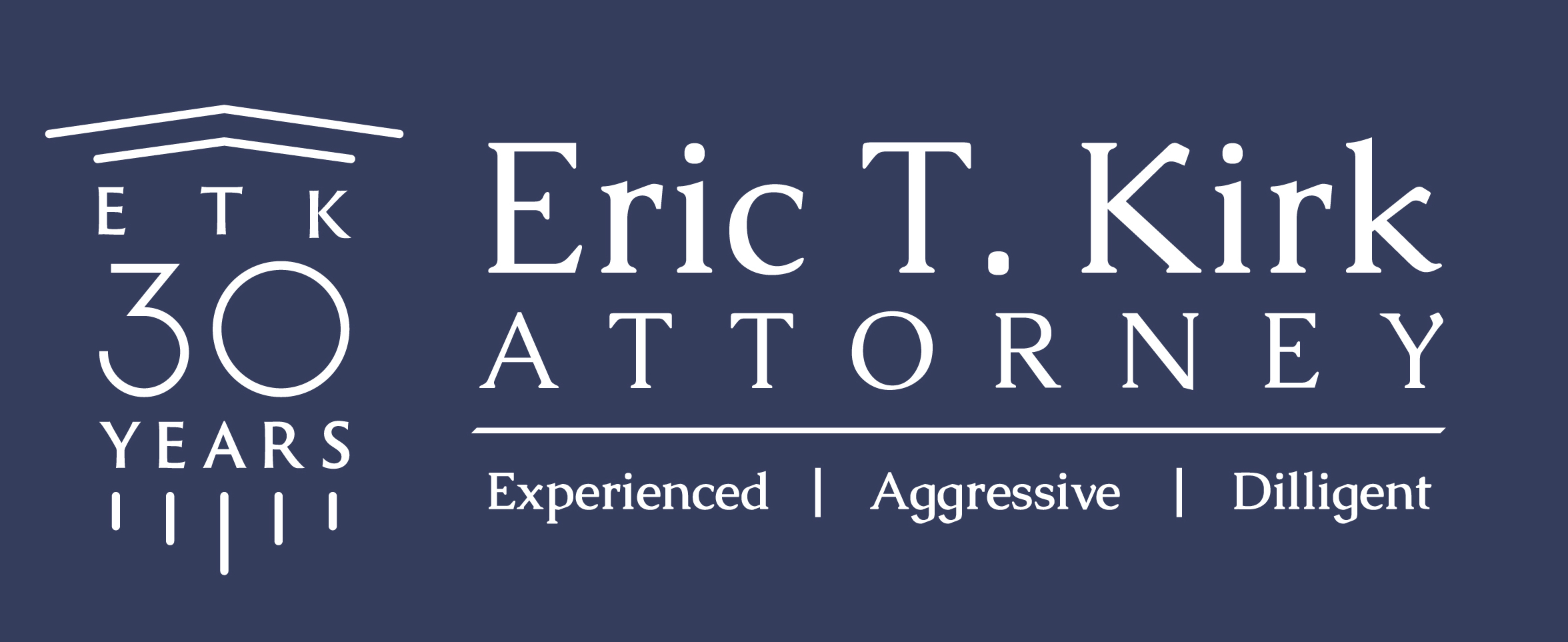Scope and Course of Employment: What is the coming and going rule?
Experienced personal injury lawyers in Baltimore regularly obtain benefits for clients who’ve had an accidental injury in the scope and course of their employment. In these instances, a hearing will take place before the Workers’ Compensation Commission. At the hearing, the lawyer who the insurance company has hired to contest the claim will ask the commissioner to ratify the denial and offer the legal or factual basis that supports the insurer’s position. It surprises many people to learn the number of claims denied by insurance companies, that are later found to be valid by the Commission. A frequent defense is that the injured worker was not at work, or working, when hurt, attorney Eric T. Kirk will tell you
The application of the ‘going and coming’ rule generally results in determinations that an employee on their way to or from work is not acting within the scope and course of their employment.

One exception to the rule is the ‘free transportation’ exception. Where the employer provides transportation to and from work, and an accidental injury [ e.g. a Baltimore car accident] occurs during those rides, the employee gets compensation benefits. In some instances, injured worker’s traveling on public roadways between two properties owned by their employer qualify for benefits. An employee injured while on a special mission for the employer also gets benefits -if injured on the mission.
I offer a free case analysis, evaluation and strategy planning meeting to my clients. Contact me today to schedule a session. 410 591 2835.
- Baltimore Personal Injury Trial Lawyer Eric T. Kirk
- Baltimore Car Accident Legal Analysis & Case Studies
- Baltimore Neighborhoods I Serve
A Baltimore car accident and personal injury litigator who has taken hundreds of cases to trial in Maryland, New York and Florida, recovering millions over a 30-year mission to obtain denied compensation for his clients.



